Part I: Home on the Don - Memories
Seasons
(Andrei's POV Begins)
Springs are when the Don swells up.
Then the rains come- first in Spring to thaw out the lands and its souls from the Winter, then to moisten both enough to stand being baked in the Summer.
Then Fall brings its own rain to break the ground for harvesting.
Winter returns again-whether he's like an old friend calling on us or damningly irksome relative come to live off his people again, no can say.
Homestead
We had the usual white-washed walls with the rough stone and thatched roof.
But after my mother died, my father and a dozen of his neighbors tore off the thatching and hammered boards and shingles. He even had fretwork on the eaves carved and fitted into.
He confessed to my brother and I afterwards he regretted not having enough to have this all done when my mother was alive.
Still, what was left of us were alive to see it.
It gave our home that eye-pleasing look- now our home imposed on the passer-by, “Here’s where the prosperous live!”
When my mother was alive, we also had a phonograph my father somehow procured from a trade with a merchant- he gave Father the phonograph for three sound mares.
The phonograph came with two records- a recording of some screaming song (opera aria, I later learned as I grew, something on the order from an opera called Carmen) and some piece with some whining violins by Mozart.
My mother, as hazy memory serves, listened to the two records on repeat whenever she spent the winter evenings knitting.
Father didn't object the repetition- to him, all music was the same din, and it quieted his nerves to hear the "droning" of the scratching records.
When she died, the phonograph remained in the same place, though we never played it again. A wistful gaze, Father would heave a sigh as heavy as the parlor. Then he would turn on his heel and leave the room.
Perhaps he felt it wasn't right to play it since the phonograph was her own "right", she more or less owned it since she enjoyed it considerably.
The phonograph was beside her loom and sewing machine, and beyond that was the kitchen.
In the kitchen, like all decent Faithful, we had our own Red Corner. We took special pride in ours, because we had icons dating all the way back to our progenitor, Gleb Semyonovich, all back to Catherine's time. According to family tradition, Gleb Semyonovich received these icons during the First Great Patriotic War, from a grateful monastery where some unwitting French looters met his fury-and his famous chasing.
We also could boast (though Father disliked our boasting) we had an icon of the Virgin and Christ blessed by the Patriarch, and one icon of the Apostle Andrei (my name-saint) supposedly brought from the Holy Land.
Mother had the jutting shelves adorned with the very same lace from father's grandmother's own hand, and each Lent, Mother would take down the lace, dust it, and then bathe the lace in milk so it would be whitened again.
Auntie did this as well, and Auntie added her icon of the Transfiguration she brought back from her pilgrimage she made as a young woman, at the catacombs.
Our censer somehow always got dented- Father continually visited our priest for a new one every 3 months or so.
The censer's incense, mixed with the cold air from outside of colder mud and fresh hay, filled my lungs with a strength and vigor I haven't felt since then.
Perhaps the incense did have something of the Divine, and perhaps the Divine embedded itself in the air of our land as well.
Like any decent Cossack, the wall of the main room were hung with an array of rifles, pistols, swords, sabers, and tack that was always faithfully oiled and polished.
All these objects, deemed vital for a Cossack on the field, were cherished and maintained with equal fervor like the icons in the Red Corner.
Once a Cossack family's patriarch resigned from service and hung up his tack, he'd part it to his sons when they reached enlistment age. There came a time when the son outgrew what his father gave him when the son was 3 years of age, and his father passed down these solemnly valued weapons and tack.
Beyond this revered wall, stood our oven.
We took pains with our oven, since it was bigger than most of our neighbors' ovens- we had many a neighbor's wife or granny wheedling us to "borrow" our oven so they could bake their bread and cakes whenever it fell on a Feast Day.
During the Winter, our oven, making the rooms hazy and sleepy with steady heat and sweet smoke of wood, lulled us to stay in our home.

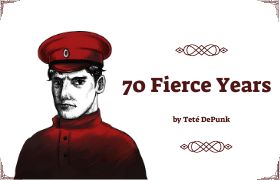

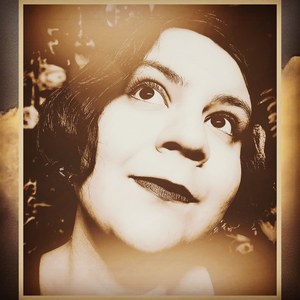
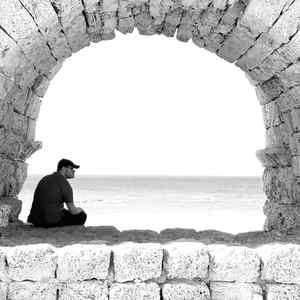





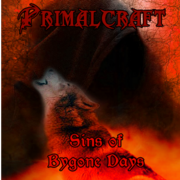

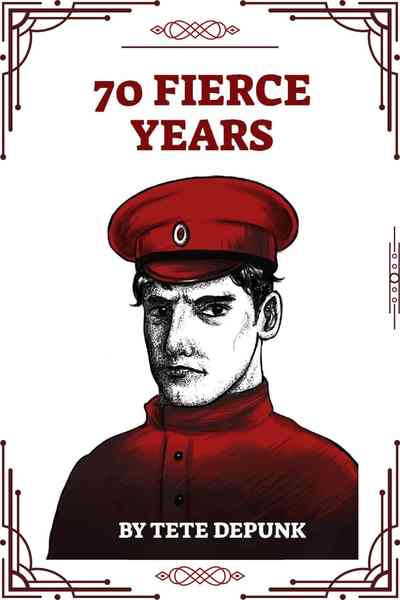
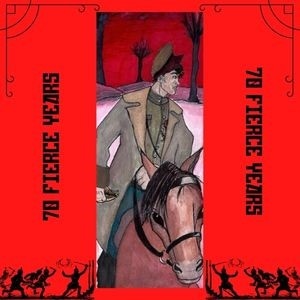
Comments (13)
See all